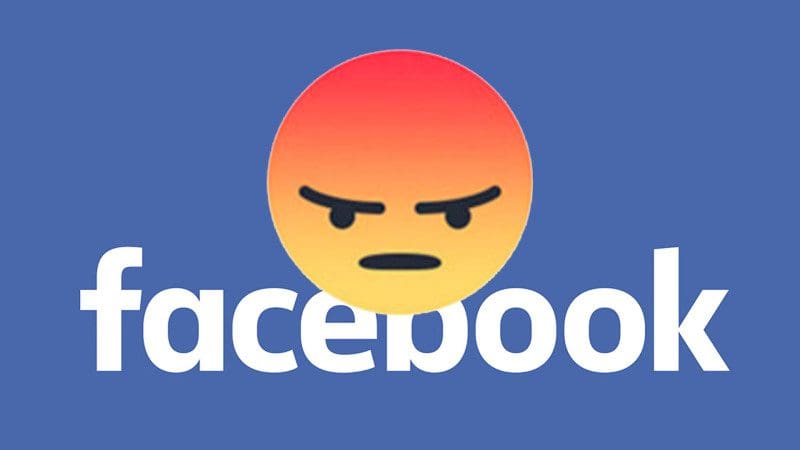
Turning Social Media Negativity into Positivity
May 17, 2018 in Social Media Guide
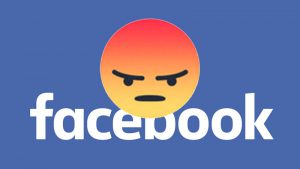 Have you ever seen a negative, hurtful comment on a picture or a post online?
Have you ever seen a negative, hurtful comment on a picture or a post online?
Have you ever come across some super opinionated comments that were posted anonymously, and scrolled past them, trying to ignore them?
These days, everybody has some connection to social media. And social media platforms enable people to express their opinions without filter, without thought for the feelings and reactions of others—and without accountability or responsibility, because people can post anonymously, and they use that anonymity as a way to hide.
I recently came across a TED talk that confronts and even engages with these types of comments that have touched all of us—regardless of whether they were meant for us, for our friends, or even harsh comments of strangers on posts we happen to come upon.
The presenter is Dylan Marron, host of a podcast called “Conversations with People who Hate Me,” in which he contacts people who have left negative or hateful comments on his videos or on social media. The goal of Marron’s podcast, he writes, is to take mean 0nline conversations and turn them into productive offline conversations.
In his TED talk, Marron explains: “Sometimes, the most subversive thing you could do is to actually speak with the people you disagree with, and not simply at them.” Acknowledging a different opinion of your own is a way of opening your eyes to the unknown, even if you don’t agree.
I encourage you to try this, if you face negativity and judgment from people in your own life, and see how much it can change you.
Click below to listen to the talk! And let us know below how social media negativity has affected you, and how you feel about the possibility of actually engaging with these comments instead of just trying to ignore them.


 How much do you actually know about depression, anxiety, and other mental illnesses you suffer from, or know people who suffer from them? Educating myself was a huge step towards recovery for me:
How much do you actually know about depression, anxiety, and other mental illnesses you suffer from, or know people who suffer from them? Educating myself was a huge step towards recovery for me:



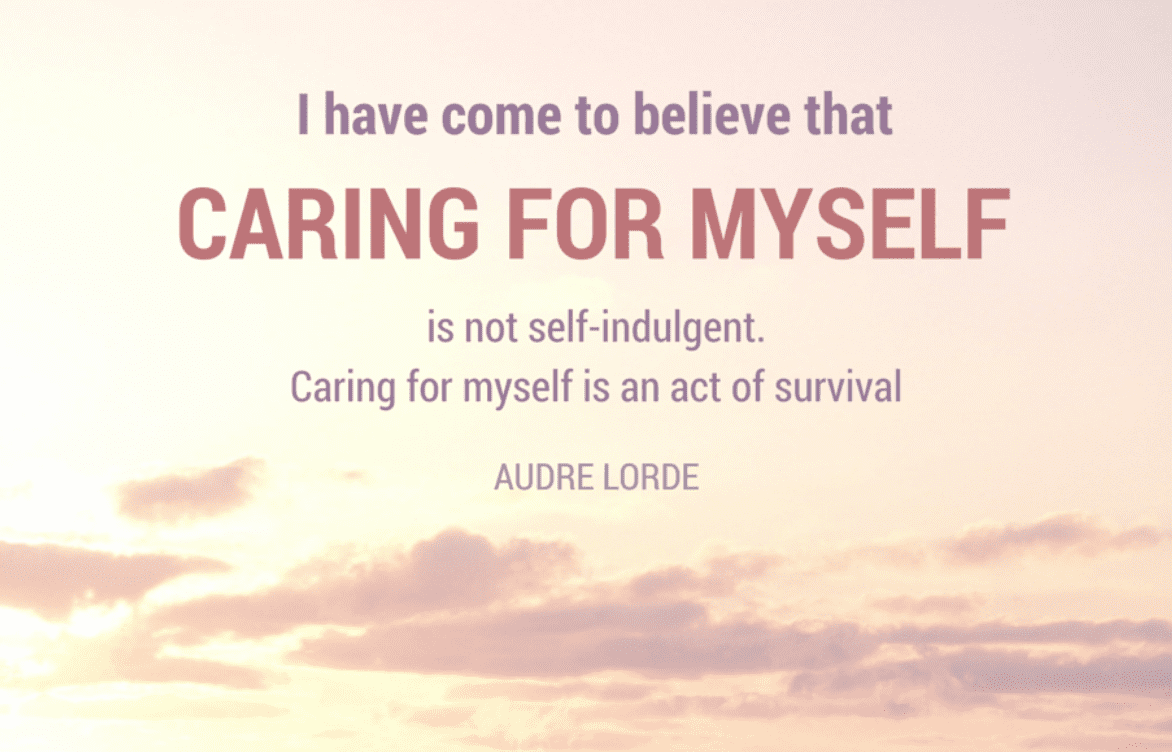
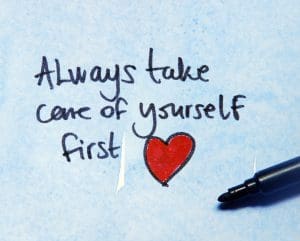
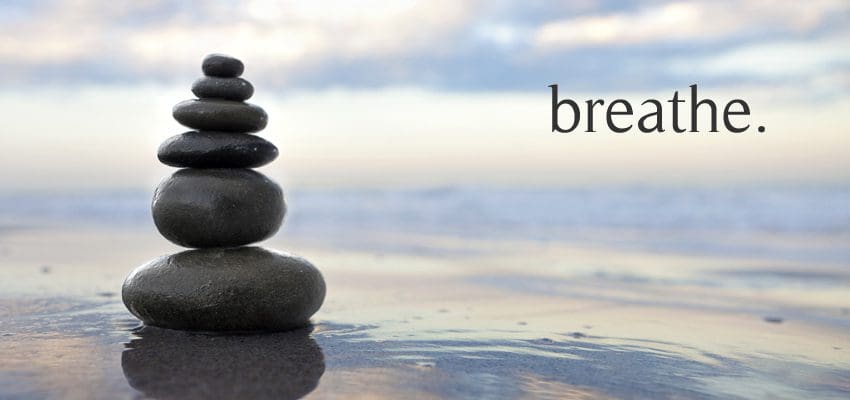
 Do your stress levels increase as the holidays arrive? Mine certainly do. Although I personally love all things Christmas and holidays and family, I definitely experience a spike in stress as December harbors finals week, excessive family time, the pressure of buying the perfect gift for your loved ones, and the unrealistic expectation to be happy and full of spirit all the time.
Do your stress levels increase as the holidays arrive? Mine certainly do. Although I personally love all things Christmas and holidays and family, I definitely experience a spike in stress as December harbors finals week, excessive family time, the pressure of buying the perfect gift for your loved ones, and the unrealistic expectation to be happy and full of spirit all the time.
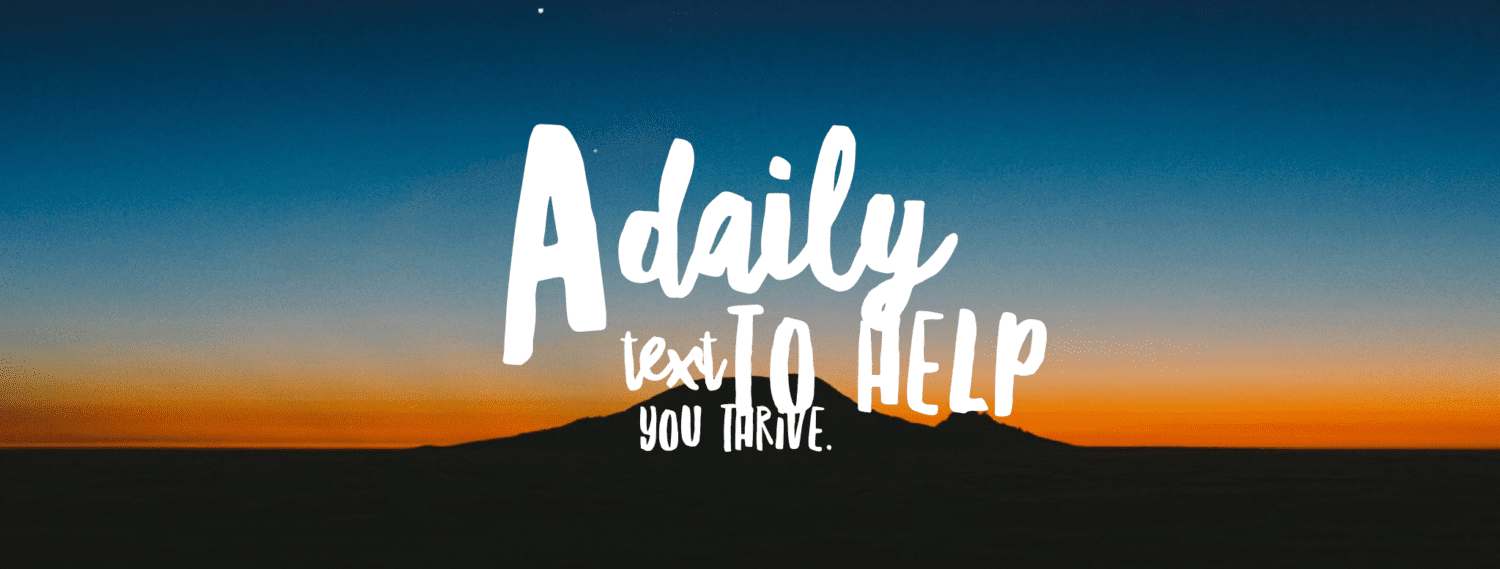
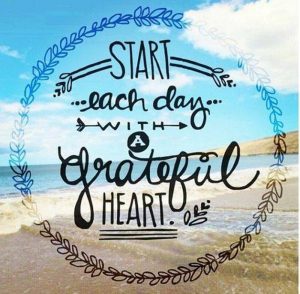


Recent Comments